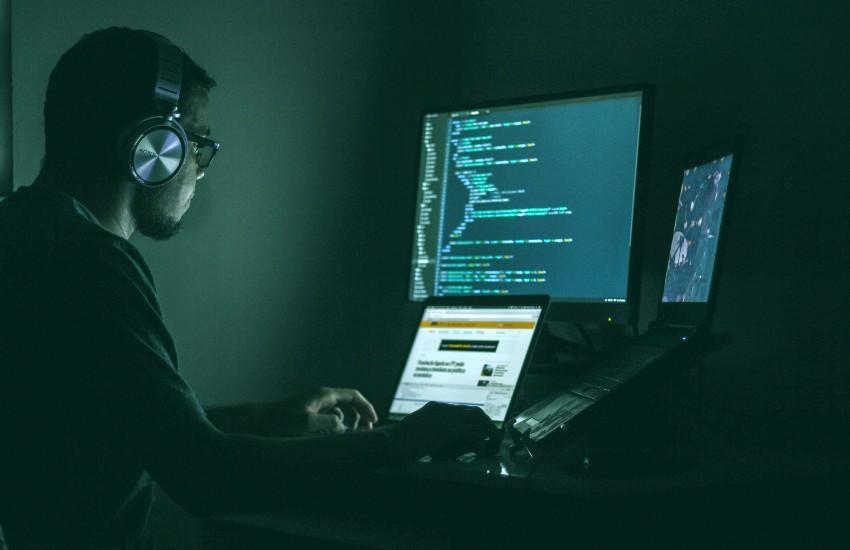Day in the Life of a Cybersecurity Specialist
Published: Jan 12, 2022

I’m a cybersecurity specialist. My job is to protect digital data and prevent it from being lost or stolen. Digital data is anything that exists in electronic form and can be processed automatically—passwords, documents, music, videos, and even settings for remote control of industrial machines or robots.
An intruder can connect to any of the devices and get your data, and you won't even notice. But I will. I detect such attacks and am proactive. I can be compared to a boxer in the ring, the only difference is that I don’t see my opponent in person. Every workday is a fight with shadows. But I don't need to swing my fists to win. My weapons are programming languages, codes, and hardware.
As a cybersecurity specialist, I fight cybercrime in all its forms, including cyberterrorism and extortion. I develop techniques to combat malware. I protect online data. I assure the stability of hospitals, schools, universities, companies, and government agencies. I prevent hacks into the banking system. And hacks aren’t my only problem. A virus or worm can crash servers and shut down hospitals, factories, banks, financial exchanges, and even entire countries.
Cybersecurity specialists work for major financial and IT companies, government agencies, and defense agencies to protect national security. The digital world is constantly growing, and hacker attacks sometimes turn into entire cyber wars. On the virtual battlefield, I’m a general who can lead the fighting in any corner of the world. The main thing is to have a computer nearby.
As for my typical workday, it looks like this:
8:15 a.m. I get on the bus and head into the city. On the way, I read cybersecurity news to stay abreast of new cyber threats and prevent them in time. Interesting fact: I most often read news about unprotected password managers. That's why I recommend using only proven programs to all my employees and family members. I also study the history of unauthorized intrusion attempts at other companies—frequency, sources, intrusion methods.
9:00 a.m. I arrive at work. I check my several email accounts. Bugs, status reports, threats discussions, and other questions are nearly all communicated by email. I surf the web for more information on problems I’m facing as well as talk with other colleagues.
10:00 a.m. I test the information security system of my company for vulnerabilities. I analyze the situation and identify possible sources of cyber attacks. I also analyze the product to identify vulnerabilities and create terms of reference for bug fixes. Sometimes, I test the protection system—I expose network resources to planned attacks.
12:30 p.m. I have lunch with my colleagues. I occasionally go out, but usually I don’t—I bring my lunch. If I go out, I often go to ParHi Bar, which is right across the street. If I don’t have an appetite, I go to the game room to play PS5.
1:00 p.m. Once a week we have a status meeting of the entire cybersecurity team, including pentesters, code analysts, information security systems developers, anti-fraud analysts, and cyber forensics. We discuss work processes and progress, cyber issues, release schedules, etc. Sometimes we hold this meeting during lunch informally. I want to note that this is a great way of getting us together.
2:00 p.m. I search for vulnerabilities in operating systems, databases, and networks, eliminating potential weaknesses. This is needed to protect private data and intellectual property from theft, distortion, and use for malicious purposes. I combat hackers: prevent cyber-attacks, track criminals, counter extortion, and terrorism.
5:00 p.m. A little bit of time prepping for tomorrow, then I leave for the day.
Billy Hajime is a cybersecurity professional specializing in researching, planning, implementing, and maintaining online security. Billy is a specialist in training and educating internal users on appropriate cybersecurity procedures and preventive measures, focusing on network monitoring, security software installation, and cyber-attack prevention work, especially in business and corporate settings.
